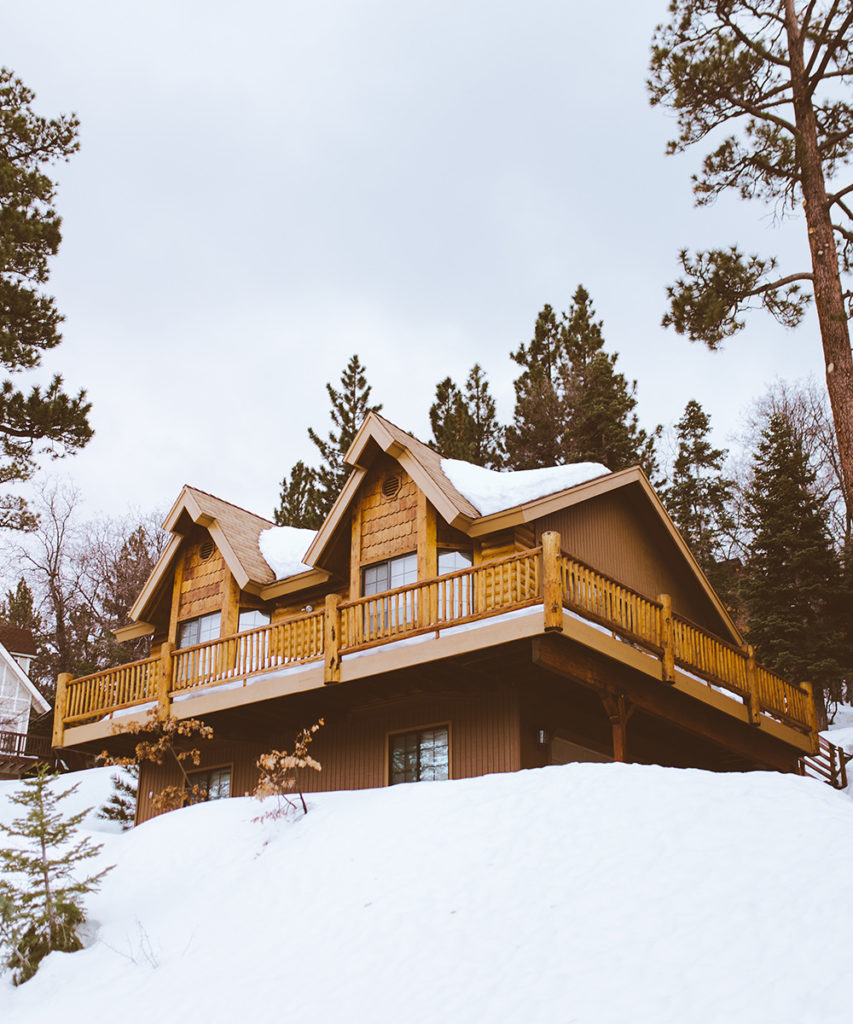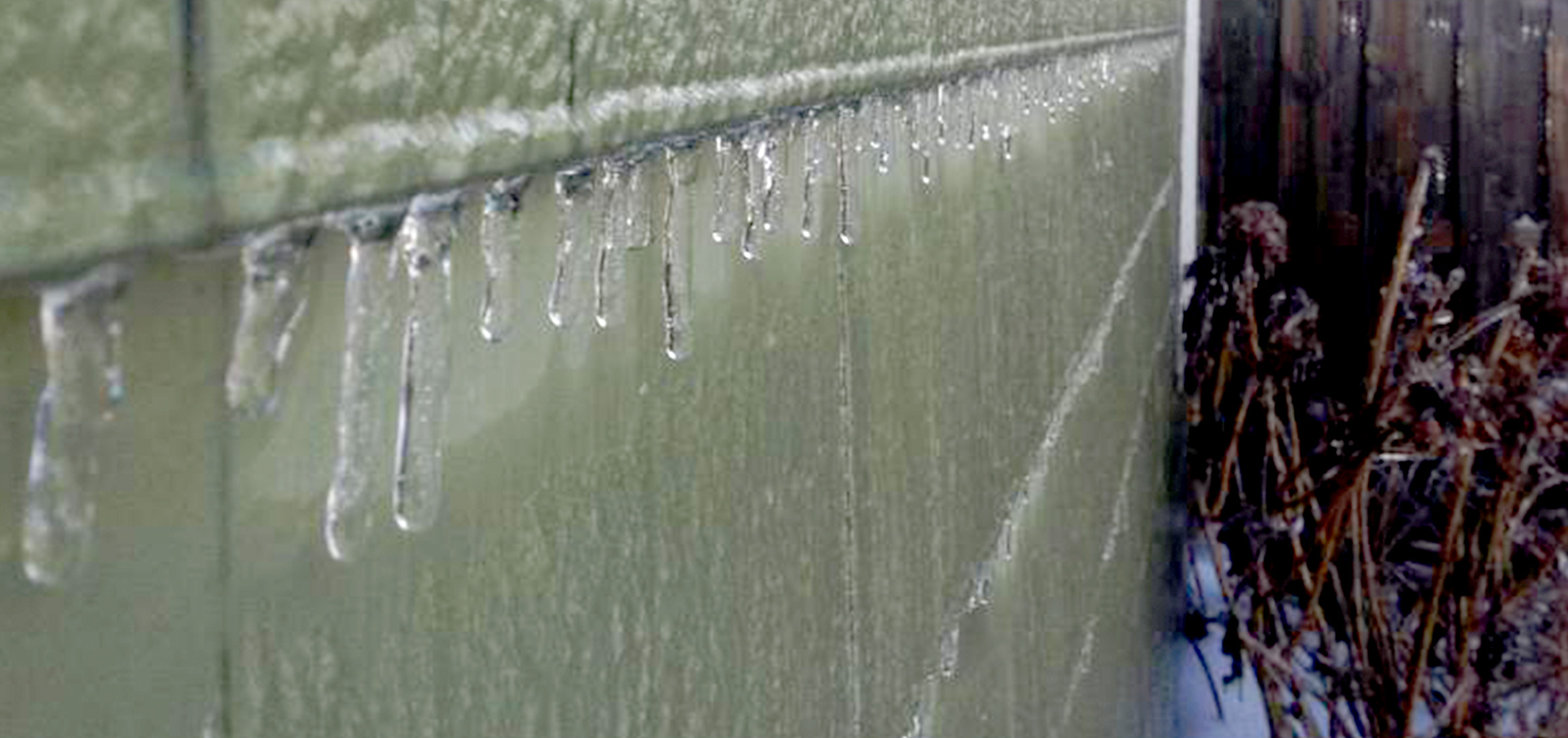8 Winter Home Tips
by Osi Rosenberg

Now that you have purchased your first home, it is your responsibility to keep it maintained and safe. Here are some helpful hints you should know about winter maintenance.
1. Have Smoke/CO2 Detectors Installed
Your home should be equipped with a smoke and CO2 detector. At closing, your attorney should receive an affidavit indicating that your sellers have installed functional detectors in the home. If there is no such affidavit, you should have received a credit of $250 according to CT State Statute so that you can purchase and install the detectors.
These smoke/CO2 detectors are lifesavers! When properly installed and functioning, the alarms could prevent a catastrophe of unimaginable proportions. Did you know that you could call your local fire department and have your detectors inspected to ensure they are properly placed and functioning? These types of services are usually free of charge and highly encouraged.
2. Keep Dryer Vent Clear
A significant risk to your safety during winter storms is, believe it or not, the dryer. There is no better time to do laundry than when you are stuck at home when the snow is mounting up outside! There are two ways dryers are dangerous.
- Lint trap: Always at the end and beginning of a load, check your lint trap. If the lint trap stays full, it could cause a deadly fire.
- The hose and vent: In heavy snow, the vent could get covered in snow causing the dryer to overheat. Consult your dryer’s manufacturing maintenance documents for recommended procedures.
3. Prevent Freezing Pipes
When pipes freeze, the water expands and can cause a leak or burst open when they thaw! Your pipes are susceptible to freezing when temperatures dip in the winter season. This is especially a risk for the pipes that are running along outside walls.
The easiest way to mitigate this risk is to have the faucet dripping so that the water stays running through that pipe. If you use this method, make sure there is no clog in the drain that would cause a flood if left unattended.
If you have a property that is not occupied and does not have power to heat it, make sure to winterize the pipes. Talk to a plumber if you have more questions about freezing pipe solutions.
4. Shovel Your Driveway and Sidewalks
Shoveling your driveway is one of the many joys of homeownership. Did you know that not only are homeowners responsible for your own driveways, you may also be responsible for the sidewalks that run directly along the property line? If someone slips and falls on the sidewalk adjacent your home, you may be sued for a tort action (personal injury).
Homeowner’s insurance should be notified immediately if something like happens. Keep your sidewalks cleared and make sure to apply ice melt to avoid catastrophe!

5. Uncovering Fire Hydrant
Your firefighters are on call 24 hours a day, 7 days a week. If we as citizens don’t unbury the hydrants, they have to spend time doing this task. I have seen firefighters go hydrant to hydrant to uncover these life saving pieces of equipment.
Uncovering hydrants from snow should be part of your shoveling job. Hydrants should be cleared as well as the area around the hydrant. Some cities recommend that a path should be cleared from the road or sidewalk to the hydrant. The more access you can provide your first responders, the safer everyone will be. In an emergency, seconds count and your efforts can save a life. Contact your local fire department and ask how you can assist.
6. Clean Off Your Flat Roof (if applicable)
If you have a flat roof on your home, make sure you are keeping tabs on the snow accumulation. Snow is heavy. Be aware that this can cause issues over time and maintenance is key to avoid costly unexpected repairs.
7. Be Prepared With Basic Supplies
Having basic supplies in case of snow-in or power loss conditions is important to keep your family and you safe. Having bottled water and non-perishable food is essential. Other helpful supplies include batteries, flashlights, snow melt, shovels (accessible from inside), and entertainment if power goes out.
8. Always Drive Safely
Granted this isn’t a homeowner’s tip, but I’d be remiss if i didn’t point out that it is always a good idea to drive with caution. No matter where you are and the road conditions, always take your time on the road. Click it or ticket! Don’t text and drive. Obey the laws of the road.


Comments (0)